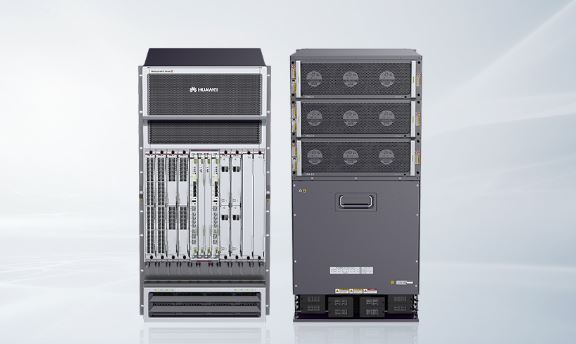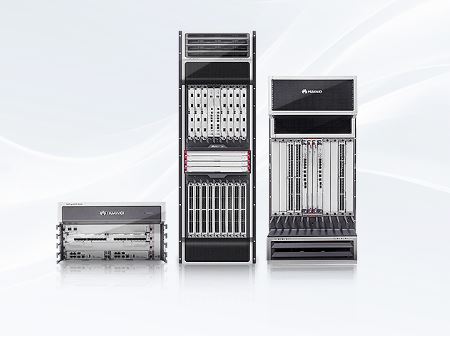Can Routers Affect Internet Speed?
When it comes to internet speed, many factors come into play: the service provided by your Internet Service Provider (ISP), the devices you're using, and perhaps most importantly, the router that facilitates the connection. While we often focus on the ISP and the type of internet plan we have, the router’s role is equally crucial in determining how fast and stable your internet connection will be. A router can significantly affect internet speed, whether it's due to its performance limitations, the technology it uses, or the way it's configured.

How Does a Router Affect Internet Speed?
A router affects internet speed in several ways:
Wi-Fi Standards
If your router is outdated and only supports older Wi-Fi standards, your internet speed will be limited to those capabilities. For example, Wi-Fi 4 (802.11n) is much slower than Wi-Fi 6 (802.11ax), which supports faster speeds and more efficient performance across multiple devices.
Bandwidth and Channel Congestion
Routers operate on specific frequency bands, such as 2.4 GHz and 5 GHz. The 2.4 GHz band, while offering wider coverage, can become congested due to interference from other devices. The 5 GHz band offers faster speeds but with a shorter range. The ability of a router to manage these bands effectively can impact the quality of your internet connection.
Processor Power
Just like a computer, a router’s internal processor plays a big part in how well it handles large volumes of data. Routers with stronger processors can handle more traffic, reducing bottlenecks during peak usage times or when multiple devices are connected.
Advanced Features and Quality of Service (QoS)
Some modern routers come equipped with advanced features like Quality of Service (QoS), which prioritizes certain types of traffic. For example, if you’re gaming or streaming video, QoS can ensure that those activities get the bandwidth they need, improving the overall experience and preventing lag.
Router Placement
The physical location of your router can significantly influence internet speed. Obstacles like walls, floors, and large furniture can weaken the Wi-Fi signal, leading to slower speeds in certain areas of your home or office. A well-placed router ensures that the Wi-Fi signal is spread evenly throughout the area.
Enterprise-Level Routers and Internet Speed
At the enterprise level, the quality and capability of a router become even more critical. For large organizations, the router not only connects to the internet but also ensures smooth internal communication between devices, servers, and data centers. Routers in this setting need to handle much higher traffic volumes, prioritizing reliability, speed, and scalability.
One example of a router designed to meet the demands of high-performance networks is the NetEngine 40E Series Router. These full-service routers are engineered to operate as core nodes in enterprise Wide Area Networks (WANs), serve as access nodes for large networks, and facilitate interconnection and aggregation for campus networks.

In the context of large Internet Data Centers (IDC), these routers act as edge nodes, ensuring high-speed connectivity between the data center and the broader network. By handling massive data loads and providing optimal routing, the NetEngine 40E Series routers are designed to enhance network performance, ensuring that enterprises can maintain high-speed internet access even during peak usage times.
Conclusion
So, Routers can significantly impact internet speed. While other factors like the ISP and internet plan are important, the router’s capabilities play a central role in determining how fast and reliable your internet connection is. The quality of a router, its compatibility with the latest Wi-Fi standards, and its ability to handle multiple connections all affect internet speed. For large networks, such as those used in enterprises or data centers, high-performance routers like the NetEngine 40E Series Routers ensure that speed and efficiency are maintained even under heavy traffic.
